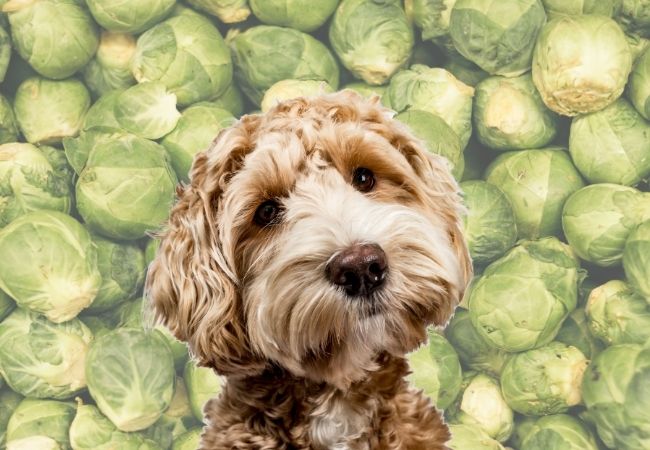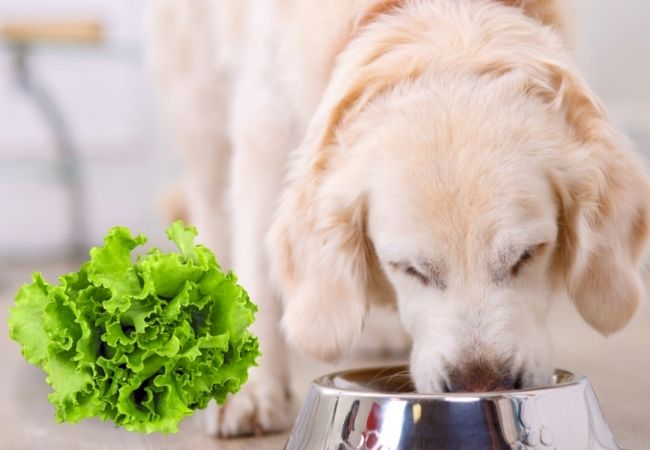Can Dogs Eat Scallops? Are Scallops Safe For Dogs?

Yes! Cooked scallops are a great source of protein, magnesium, potassium and other nutrients.
Protein aids in the maintenance of healthy muscles in your pet.
Magnesium is a mineral that helps the body absorb other vitamins and minerals.
Potassium is an electrolyte that is essential for nerve function and overall health.
Scallops should be thoroughly cooked rather than fried before you give it to your canine companion.
Don’t give to much in a single serving.
Are Scallops Safe To Eat For Dogs?
According to the American Society of Animal Cruelty Prevention, scallops are not toxic or harmful to dogs. That is, as long as the scallops are not given raw or fried.
How Are Scallops Good For Dogs?
When consumed in moderation, scallops may provide some health benefits to your canines.
Scallops are rich in protein and are leaner than many types of red meats. Scallops should not be used as a primary source of protein, but they can be a nutritious snack for your dog.
These oceanic bivalves are also rich in phosphorus, potassium, and magnesium. Phosphorus is a crucial nutrient for forming bones and teeth. Potassium can help prevent osteoporosis and kidney stones.
Additionally, magnesium is beneficial for maintaining a healthy immune system and strong bones.

When Are Scallops Bad For Dogs?
Scallops are not poisonous for dogs. The American Veterinary Medical Association (ASPCA) advises that they are OK for our puppies to eat. Scallops must be thoroughly cooked and never served raw.
Due to the high-fat content of fried scallops, they are not suitable for your dog. Pancreatitis in dogs is a condition that can develop over time after consuming fried scallops or other fried food.
Don’t use any extra ingredients like spices, oils, butter or anything else. The potential dangers of these ingredients to your dog is well documented.
Discomfort In The Digestive System
The most typical adverse effect is digestive discomfort for a dog eating human food. Canine stomachs are not designed to deal with spices, salts, butter or oil used in human food.
To much oil can irritate the stomach, causing vomiting and acting as a strong laxative in canines.
If your dog snatches your scallop meal, make them as comfy as possible. Give them to lots of fresh, clean water to drink.
Also, make sure they have access to the outside in case they need to go to the restroom in an emergency.
You are unlikely to require the services of a veterinarian, barring unforeseen situations.
Salmonella, Parasites and Shellfish Poisoning
Scallops can be contaminated with pathogenic germs or parasites.
Salmonella, listeria, roundworms and tapeworms are a few of the pathogens that can be found.
Bivalves are particularly susceptible to the development of food poisoning. The bodies of bivalves such as scallops filter the water – and whatever is in it.

If you have scallops from filthy or unclean water, they might be have a variety of toxins or plankton. This can cause shellfish poisoning in you and your family.
Finally, remember to feed your dog scallops in moderation, just like you would with any other meal.
So, especially the first time you offer it to your dog, be sure just to give him one or two little pieces at a time.
Then watch to observe how he reacts and whether they show any signs of stomach pain or diarrhea.
How To Feed Scallops To Your Dog?
It is not recommended to give scallops regularly or in large quantities to your dog. If you want to offer your dog a tiny treat or spice up mealtime every now and then, these could be a good choice.
The two most important aspects of preparing seafood for a dog are cooking it thoroughly and not flavoring it.
Don’t use butter, seasoning or frying oil while making your dog’s seafood snack.
Is it safe for dogs to eat raw scallops?
The answer is no, uncooked scallops may be harmful to dogs, and we do not suggest giving them.
Conclusion:
Yes! Cooked scallops are a healthy and tasty treat to give to your canine companion. It is OK to serve them in moderation as long as you are not frying them or adding extra seasoning.



